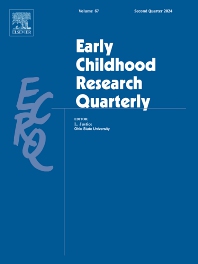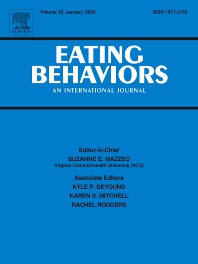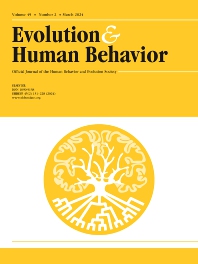Current Opinion in Psychology
- ISSN: 2352-250X
- 5 Year impact factor: 7.2
- Impact factor: 6.3

Elsevier's Psychology collection is vital for students and psychologists, providing a thorough understanding of the mind and behavior. Covering human thought, development, personality, emotion, and motivation, it offers insights into both theoretical and practical aspects. Through topics like cognitive, developmental, and clinical psychology, it equips researchers and students to address real-world challenges and advance their understanding of the field.









